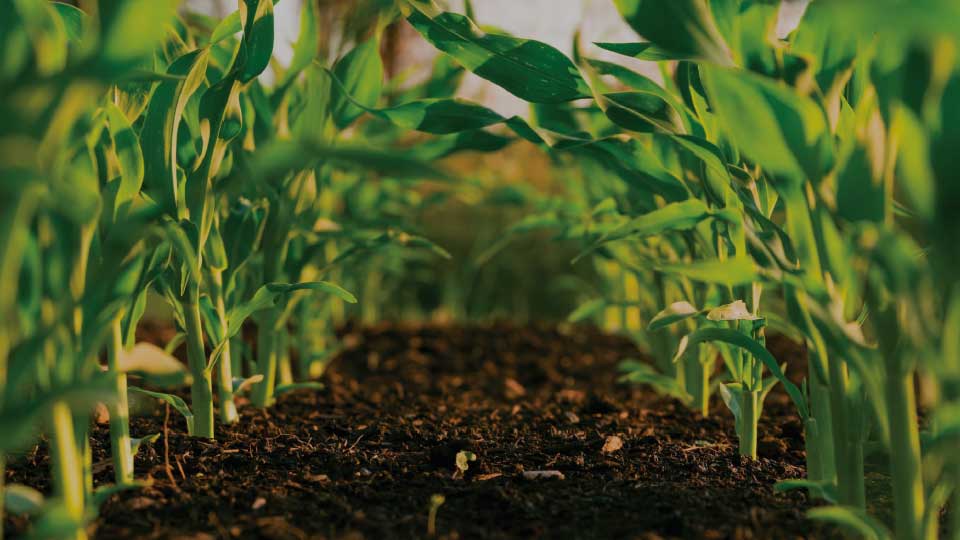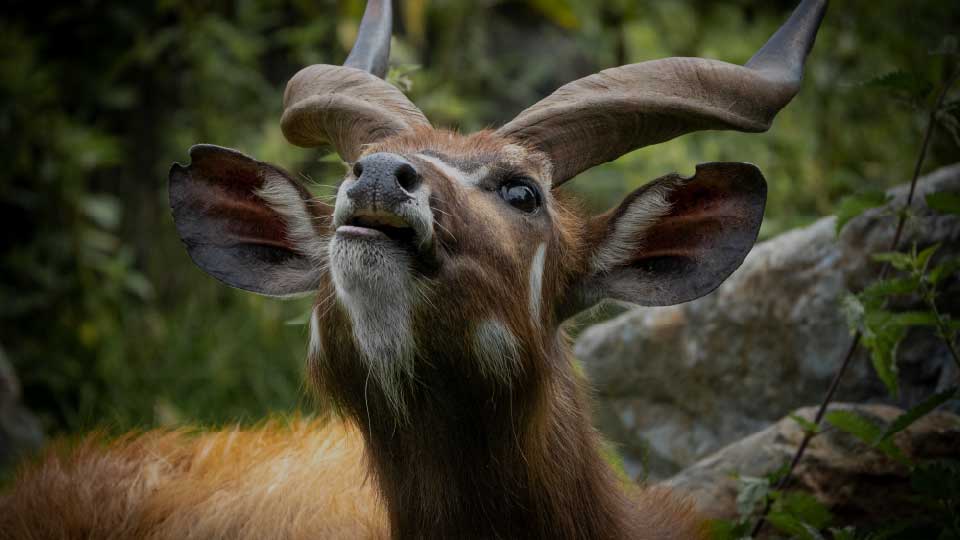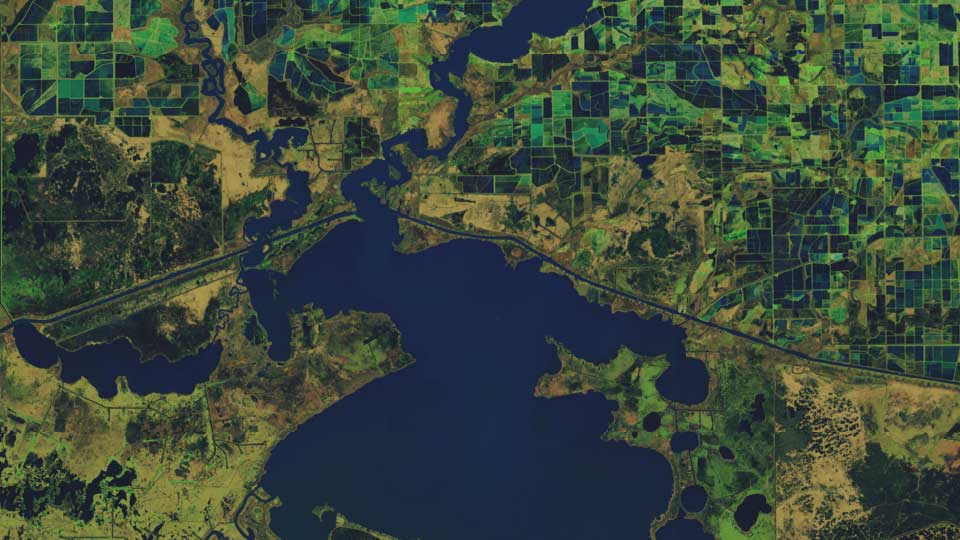Yayrator Glover — the Founder and Chairman of the Yayra Glover Group — is a graduate of the University of Zurich, Switzerland. He is an expert in International Relations, International Law and Political Philosophy. Passionate about advocacy for the marginalized, he initiated the production of organic cocoa in Ghana in 2007 to pioneer a model that protects the rights of cocoa farmers for an equitable and inclusive stake in cocoa proceeds.
Yayra Glover Ltd. (LBC) is a licensed organic cocoa producer and exporter. As the foremost company of The Group, the LBC functions as a purpose-driven social enterprise that seeks to improve the livelihood and quality of life of our recruited and trained cocoa farmers. Since 2007, our enterprise has been modeled to prioritize the social, economic, and ecological impact organic farming can have in rural cocoa communities.
What
we do
Organic Cocoa Production
Yayra Glover Ltd. (LBC) is a licensed organic cocoa producer and exporter. As the foremost company of The Group, the LBC functions as a purpose-driven social enterprise that seeks to improve the livelihood and quality of life of our recruited and trained cocoa farmers. Since 2007, our enterprise has been modeled to prioritize the social, economic, and ecological impact organic farming can have in rural cocoa communities.
Read more:
Yayra Glover Limited
Foods and Beverages | Check out our brands
Yayra Glover Foods and Beverages Limited is the food processing arm of The Group, set up to encourage and engage our cocoa farmers in growing other food crops beyond the cocoa season as an alternative livelihood initiative. It also plays a role in securing a sustainable supply of ethically sourced organic cocoa beans from our farmers. With the assurance of earning additional income for other produce during the off-season of cocoa, our farmers are encouraged to stick with us and maintain their farms' organic status. By the year 2027, we aim to establish the only certified organic cocoa primary processing factory in the subregion to process organic cocoa beans into nibs, liquor, butter, and powder for onward processing by the chocolate, cosmetic, and confectionery industries in the sub-region and beyond.
Check out our products:
Sitatunga Snacks
Organic Inputs Distribution and Sales
Yayra Glover Organic Inputs (YGOIL) has been Ghana's exclusive importer of Agropy 5EW organic pesticides since 2018 and has successfully traded over 125,000 liters of Agropy 5EW. As the organic farm inputs supply arm of The Group, YGOIL reinforces the organic cocoa value chain by sourcing and delivering certified organic inputs to farmers in Ghana.
Read more: Yayra Glover Organic Inputs Limited
Commodities Production Unit
Yayra Glover Cann Empire Ltd. was established to handle the production and supply of raw materials for onward processing by Yayra Glover Foods and Beverages. This company was established to leverage the experience farm managers have acquired working within the organic value chain to ensure sustainable production of various fruits and vegetables to supplement the raw materials supplied by our existing organic cocoa farmers.
One Health Alliance
The "Embracing One Health for Sustainable Agriculture and Biodiversity" project, a testament to YGL's dedication to environmental stewardship a beacon of hope for sustainable development. By synergizing the Sitatunga Landscape and Climate Smart Rice CREMA Project with the principles of One Health and the cultivation of ingredients for the chocolate and confectionery industry, we envision a world where health and well-being transcend boundaries and where harmony reigns among humanity, nature, and wildlife.
Impact
5000+
Certified Organic Cocoa Farmers
8000+
Metric tonnes of certified organic cocoa produced
91
Cocoa-growing communities have embraced our sustainability Philosophy
125k
litres of organic insecticide traded within the sub-region
25k
Livelihoods positively impacted through various projects and initiatives under the Group
news, stories, and articles
src="https://www.google.com/maps/embed?pb=!1m18!1m12!1m3!1d3967.9079685959414!2d-0.4385578239654963!3d6.007374293977864!2m3!1f0!2f0!3f0!3m2!1i1024!2i768!4f13.1!3m3!1m2!1s0xfdf17e9e206a041%3A0x58567ff98d39b079!2sYayra%20Glover%20Group!5e0!3m2!1sen!2sgh!4v1712123797069!5m2!1sen!2sgh" width="1200" height="450" style="border:0;" allowfullscreen="" loading="lazy" referrerpolicy="no-referrer-when-downgrade">








